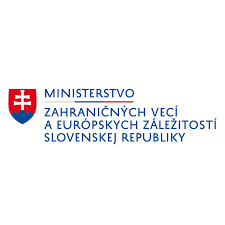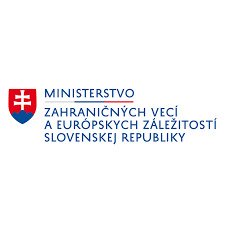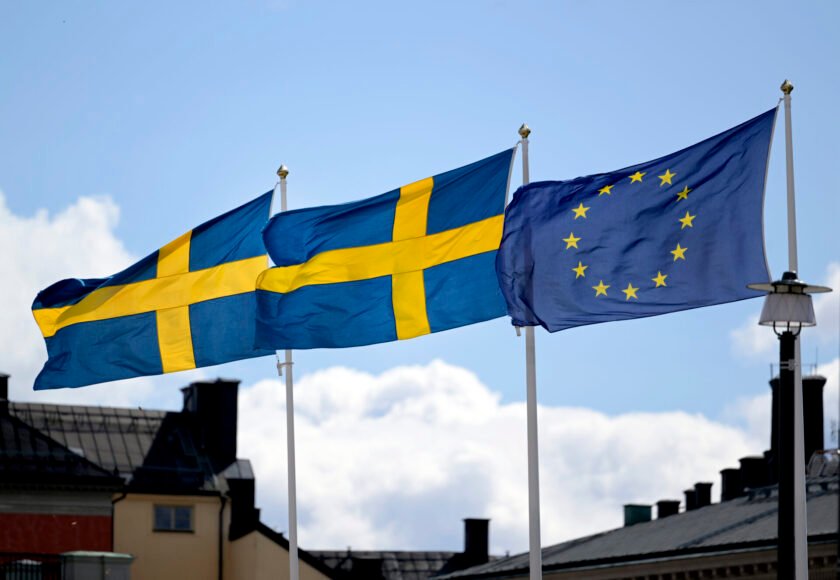
Bratislava – The Slovak Republic’s government has officially criticized the European Commission’s (EC) Rule of Law Report 2025, claiming it was formulated using flawed methodology and contains significant inaccuracies regarding Slovakia’s rule of law situation. This position was conveyed in a government document approved during a cabinet meeting on Wednesday. The government specifically objected to the Commission’s reliance on non-governmental organizations as sources without adequate verification, as reported by TASR.
According to the document from the Ministry of Foreign Affairs and European Affairs of the Slovak Republic (MZVEZ), “While we find this year’s report to be somewhat more balanced and factual than previous editions, it still includes numerous inaccuracies and incomplete information, predominantly unfavorable to Slovakia.”
Marcela Kosová, Chairwoman of the Judicial Council of the Slovak Republic, expressed on August 14 that she found this year’s EC report to be more objective than those in prior years and noted that the Judicial Council had no critical comments regarding it.
The government asserts that Slovak authorities were given opportunities to share their perspectives and provide relevant information, yet they believe the final report is “in many respects incomplete, inaccurate, and does not accurately reflect the situation in Slovakia.” They contend that the EC’s assessments of progress tend to be overly general and lack detailed justifications.
The government claims that non-governmental organizations are politically biased and have conflicts of interest, leading to incomplete, inaccurate, or false statements.
The government argues that the Commission’s use of politically engaged non-governmental organizations as sources, without considering their funding and political backgrounds, represents a critical flaw.
The government further criticizes the EC for uncritically accepting statements from these NGOs, despite a “thorough and justified” warning from the Slovak government regarding the inaccuracies of such statements. They contend that the EC paid insufficient attention to the Slovak government’s feedback and overlooked many essential facts, often relegating them to footnotes while elevating NGO information.
Additionally, the government points out that the EC did not adhere to its own methodological guidelines while preparing the report. They argue that annual EC reports should prioritize verified facts over political assessments.
“The issues with the Commission’s methodology and processes in preparing the report have been acknowledged not only by our government but also by the European Court of Auditors, which has made several recommendations for enhancing the preparation process,” the cabinet stated. (August 20)













Leave a Reply